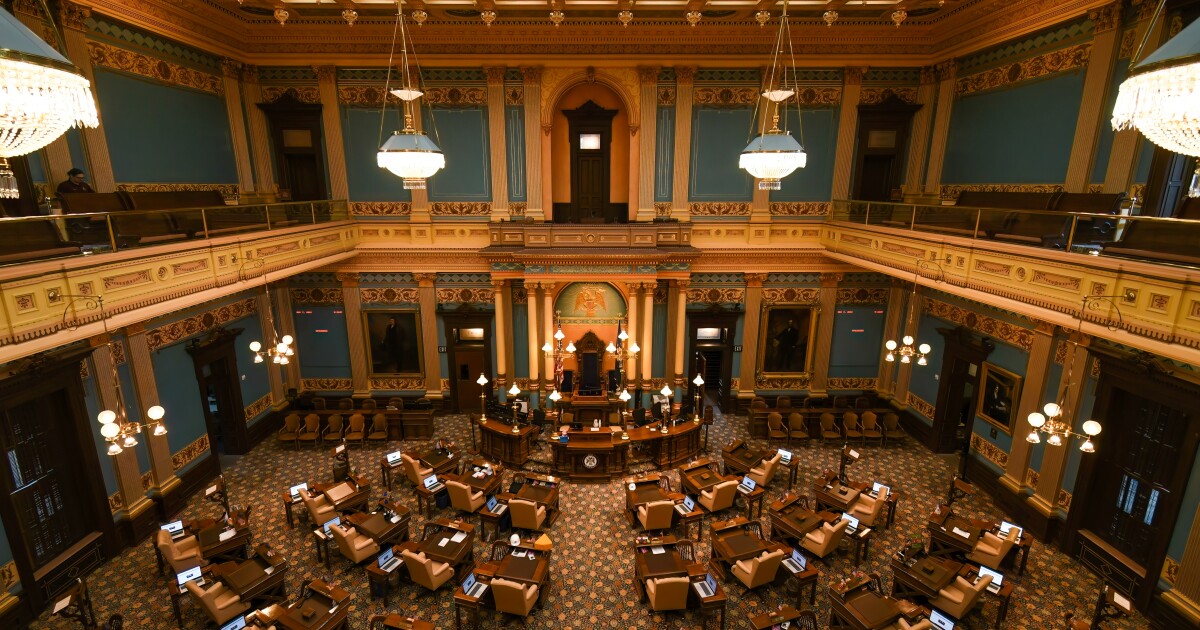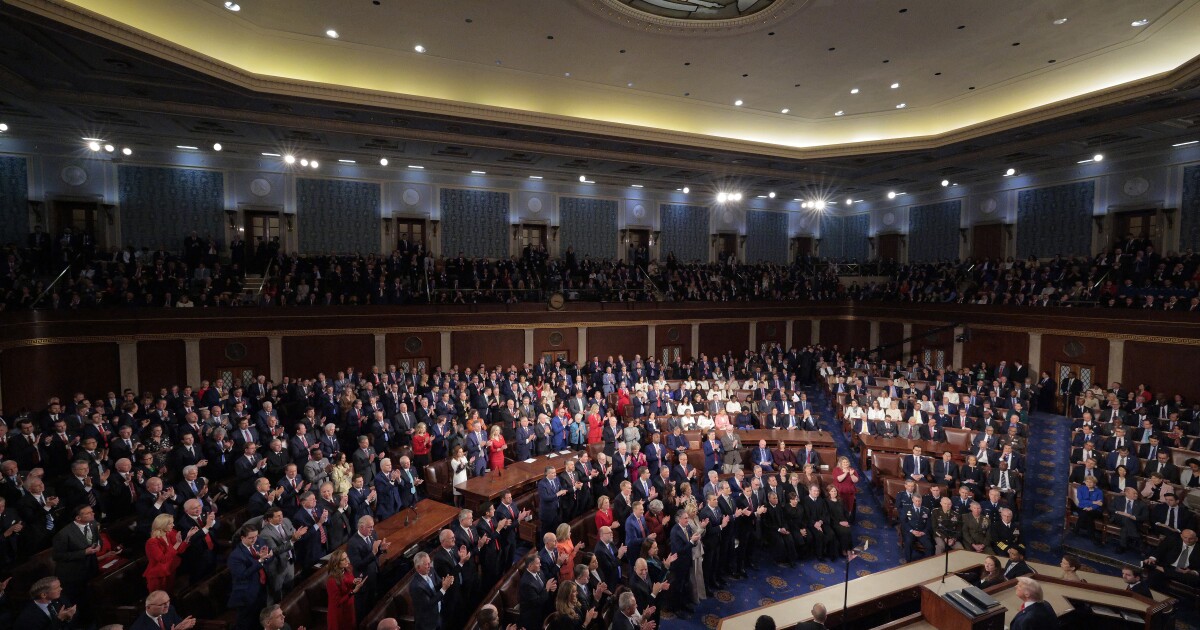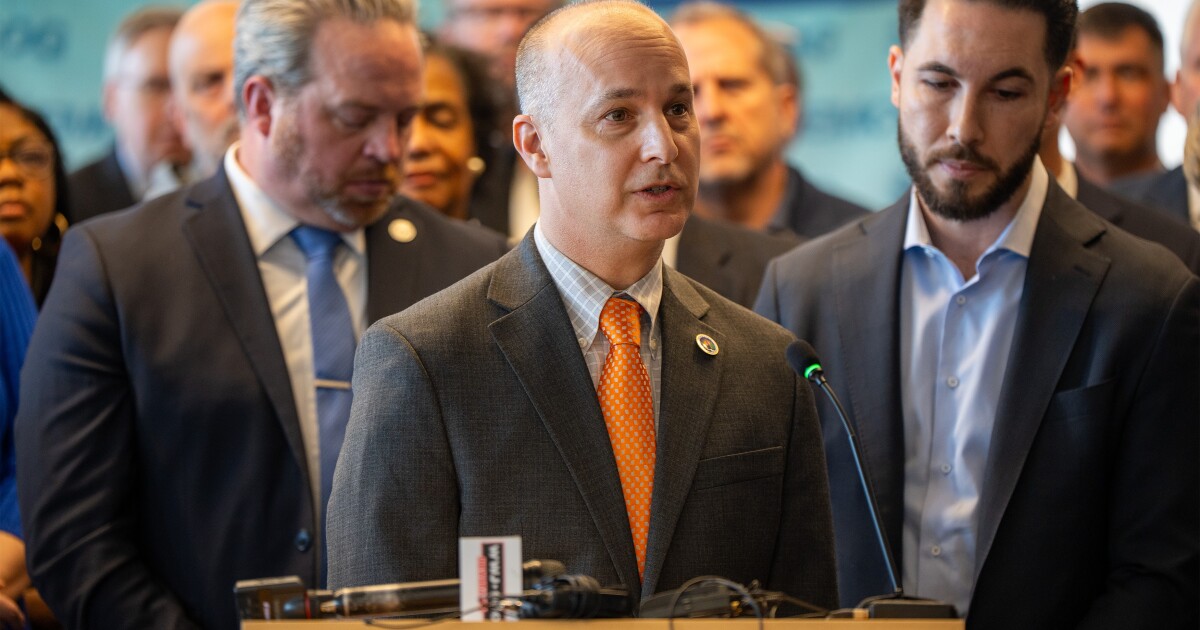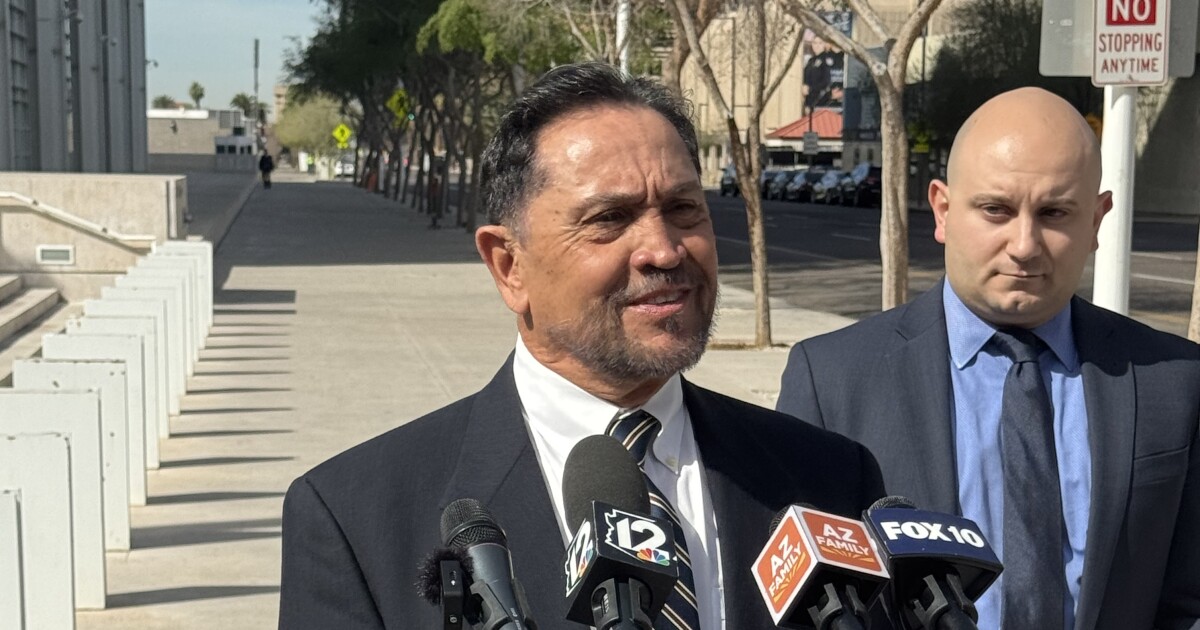Article Summary –
Democratic Governor Josh Shapiro signed a $50.1 billion state budget that allocates substantial funds for education, introduces a tax credit for low-income families, and increases resources to tackle gun violence. The budget comes after a prolonged impasse attributed to political maneuvering by Republicans and addresses deficiencies in school funding, influenced by a 2023 court ruling that deemed Pennsylvania’s education funding method unconstitutional. Additionally, the budget includes the Working Pennsylvanians Tax Credit to provide relief for working families and allocates $62 million for community violence intervention programs, reflecting a bipartisan effort to address pressing socio-economic and safety issues in the state.
Democratic Gov. Josh Shapiro signed a $50.1 billion state budget on Nov. 12, allocating hundreds of millions for underfunded schools, creating a tax credit for low-income families, and securing funds to combat gun violence across Pennsylvania.
The 2025-26 budget follows a four-month impasse that Shapiro attributed to Republican attempts to politically undermine him ahead of the gubernatorial election. This delay left Pennsylvania as the only state without a budget, causing financial strain on public school districts, loans for employee payments, rape crisis centers, and county services.
“This day, of course, has been a long time coming,” Shapiro stated at the budget signing. “I proposed my budget 281 days ago.”
“I would have loved to have stood here in this room with all of you on June 30,” Shapiro added. “But as you know, Pennsylvania is just one of only three states with a divided legislature, requiring compromise, tough conversations, and finding common ground.”
The state constitution requires lawmakers to pass a balanced budget by June 30, though this deadline is often missed. Last year’s budget was signed into law by Shapiro in July, and a prior impasse in 2016 lasted nine months.
Education Funding
The budget includes over $900 million for education, with a $565 million increase for underfunded public schools. This allocation follows a 2023 Commonwealth Court ruling mandating equitable support for low-income schools.
The Public Interest Law Center noted in a statement that although progress is made, more is needed for adequate funding. “This budget shows bipartisan consensus that the march to constitutional school funding is not optional,” said Dan Urevick-Ackelsberg, a senior attorney.
Under the new budget, districts need not pay cyber charter schools the same per-student amount as brick-and-mortar charters, saving an estimated $175 million, according to Shapiro.
“If a parent wants to send their child to a cyber school, that’s fine; that’s their prerogative, but we shouldn’t be overfunding them at the expense of Pennsylvania’s public schools,” Shapiro said during the signing ceremony.
The budget also includes $25 million for the Solar for Schools program, $100 million for mental health and school safety, and $30 million for the state’s student teacher stipend program.
Shapiro’s universal free breakfast program for over 1.7 million students continues to be funded, crucial as low-income families face strains from cuts to the Supplemental Nutrition Assistance Program and Medicaid.
Working Pennsylvanians Tax Credit
The budget introduces a Working Pennsylvanians Tax Credit providing $193 million in relief for working families, benefiting about 940,000 residents.
Modeled after the earned income tax credit, eligible Pennsylvanians will receive both state and federal credits, with families potentially saving up to $805 on state taxes.
“This is something folks in this building have been talking about for years and years,” Shapiro said in a prepared statement. “We got it done.”
Shapiro noted that Trump administration policies are increasing living expenses. Health care costs are expected to rise as Congress hasn’t extended Affordable Care Act credits. Grocery prices have increased due to supply chain issues, tariffs, and other factors.
Combating Gun Violence
A $62 million allocation for community violence intervention programs aims to combat gun violence in Pennsylvania, as noted by CeaseFirePA.
The funding marks a 10% increase from last year. “An ounce of prevention is worth a pound of cure, and this budget proves it,” said Adam Garber, executive director of CeaseFirePA, in a press release.
According to CeaseFirePA Education Fund’s analysis of Gun Violence Archive data, intervention programs led to a 42% decrease in gun violence victims and a 38% drop in gun deaths statewide.
“The numbers show the decline in violence, but what they can’t adequately convey is the change in how we live,” Paul Abernathy from the Neighborhood Resilience Project said in the press release. “We are all better, safer, and healthier because of this program.”
—
Read More Pennsylvania News









